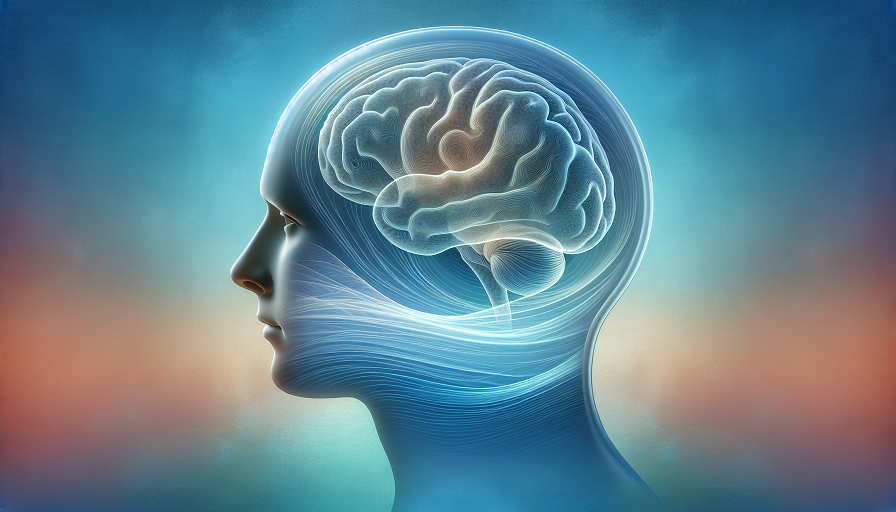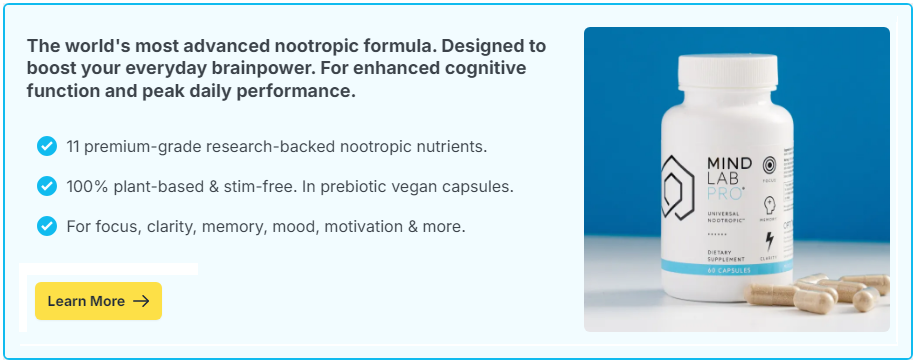
Have you ever caught yourself lost in thought, weaving a story in your mind without even meaning to? Perhaps you’ve imagined a different outcome to a recent event or created a mental dialogue about something that hasn’t happened yet. These narratives aren’t just daydreams; they form a significant part of how our brains operate daily. In fact, your brain is constantly crafting stories, organizing thoughts and experiences as narratives. But how does this happen, and why is it so important?
Contents
The Brain as a Narrative Machine
Your brain is incredibly complex, filled with tiny connections and networks that work together to help you understand, remember, and react to the world around you. One of the ways it does this is by forming narratives. But what exactly does that mean?
Understanding Narratives
A narrative is essentially a story, complete with characters, events, and outcomes. When your brain creates narratives, it pieces together information and experiences in a way that makes sense to you. This helps make the vast amount of data you encounter each day more manageable.
You may think of narratives solely as fictional tales or stories told in books and movies. However, in the context of your daily life, narratives often manifest as the internal “stories” we create to interpret our experiences. This could be an explanation of why a friend didn’t reply to a text, or imagining how a future event might unfold.
Why The Brain Loves Stories
Your brain relies on narratives not just for entertainment but for survival. By structuring information this way, your brain can more easily store, recall, and use the information when needed. Let’s look at a few reasons why narratives are so crucial.
Organizing Information
Imagine if every piece of information was stored in your brain as a separate, unconnected bit. It would be like trying to recall a single sheet of paper from a stack of thousands, each one isolated in its own file. Narratives come in to save the day by connecting these bits of information into a meaningful scene, complete with context.
Understanding Emotions
Emotions can be tough to decode and even tougher to manage. Narratives help you process and understand your emotional responses by putting them in a framework you can relate to. For instance, if you feel anxious before giving a presentation, your brain might weave a narrative of past successes to reassure you.
Predicting Outcomes
One of the most potent reasons your brain constructs narratives is to forecast what might happen next. This predictive ability is crucial for planning and decision-making. By creating stories about future scenarios, your brain prepares you to react more effectively, whether by adjusting your expectations or preparing a course of action.
The Role of Memory in Storytelling
Memory plays a critical role in how your brain creates narratives. It acts as a repository of information that your brain draws from when piecing together stories. This process is not always perfect, though.
The Magic of Editing
Memory is more fallible and fluid than we often think. When recalling events, your brain might summarize, omit details, or even fill in gaps with entirely new information, all to make the narrative more coherent or compelling. This editing process is natural and sometimes necessary, as it helps you focus on the most relevant or emotionally significant parts of your experience.
Constructing Identity
Narratives also contribute to your sense of self. The stories you tell about yourself, both consciously and unconsciously, help shape your identity. These self-narratives influence how you see your strengths and weaknesses, guide your goals, and affect your interactions with others.
Subconscious Influences
Much of the storytelling in your brain happens subconsciously, meaning you don’t realize it’s happening. Still, it significantly impacts your thoughts and behaviors.
The Hidden Author
Your subconscious mind continually narrates stories, even when you are not aware of it. These hidden narratives can influence everything from your mood to the decisions you make. For instance, if your subconscious narrative is one of self-doubt, you might approach new challenges with hesitation, regardless of your actual capabilities.
Habits and Routines
Your brain creates narratives around habits and routines that make them automatic. This can be beneficial, like when you unconsciously remember to lock your front door without thinking about it. However, it can also reinforce less helpful behaviors, such as procrastination, if your brain has developed a narrative of avoidance when facing certain tasks.
Enhancing Your Narrative Awareness
Understanding how your brain creates and uses narratives can be empowering. By becoming more aware of these unseen storytellers, you can harness their power more effectively.
Mindfulness Practices
Practicing mindfulness can help you become more aware of the stories your brain is telling. Mindfulness involves paying attention to your thoughts and feelings in the present moment without judgment. This awareness can give you insight into your automatic narratives and help you recognize when they might not be serving you well.
Challenging Negative Narratives
Once you are aware of the stories playing in your mind, you can start to challenge those that are negative or unproductive. Ask yourself whether these narratives are based on facts or assumptions. By questioning negative narratives, you can begin to rewrite them into ones that promote a healthier mindset.
- Reflect on past experiences with a fresh perspective.
- Consider alternative outcomes to negative narratives.
- Practice gratitude to shift focus away from negativity.
- Surround yourself with positive reinforcement.
Using Narratives for Growth
Consider using your brain’s narrative power to drive personal growth. Create positive stories about your goals and aspirations, and let these guide your motivation and actions. The stories you tell yourself can become the roadmap for your personal journey.
Exploring Brain Supplements: Boosting Your Narrative Machine
In addition to cognitive strategies like mindfulness, some individuals turn to brain supplements to enhance mental clarity, memory, and focus. These supplements, often derived from natural sources, are said to support brain health, potentially influencing the way your brain creates narratives.
Popular Brain Supplements
- Omega-3 Fatty Acids: Found in fish oil, these are crucial for brain health and can aid in cognitive function.
- Bacopa Monnieri: An herb used in traditional medicine believed to improve memory and attention span.
- Ginkgo Biloba: Often used to support memory and blood circulation in the brain.
- L-Theanine: Found in tea leaves, it promotes relaxation without sedation and might enhance attention.
- Rhodiola Rosea: This adaptogen is believed to improve mood and reduce mental fatigue.
Becoming the Conscious Author
Understanding and harnessing the power of the narratives your brain creates can be transformative. From grounding practices to considering supplements, there are various ways to support and enhance this intrinsic storytelling process. By becoming more aware of the stories your brain tells, you can guide them toward positive, growth-oriented narratives that reflect the person you want to be. As you cultivate this awareness, you’ll find yourself becoming the conscious author of your own life’s narrative, empowered to navigate your life’s journey with intention and clarity.
Next time you find your mind wandering into an unexpected story, pause for a moment—appreciate the art of storytelling your brain naturally engages in, and consider how you might guide those tales toward a brighter, more fulfilling narrative.

